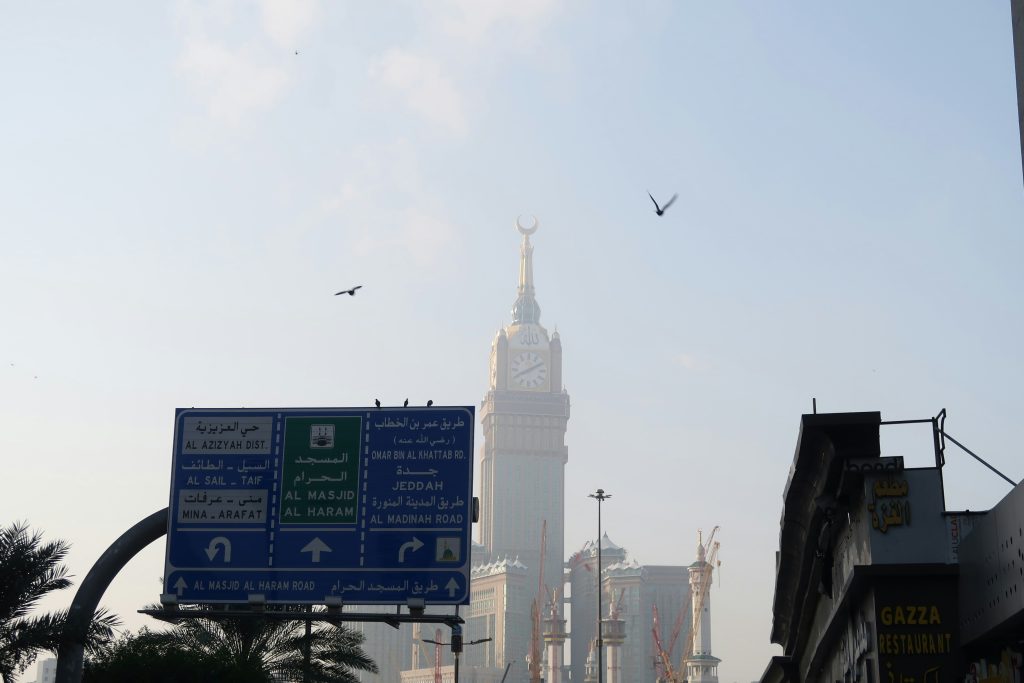In a significant turn of events, the Saudi Crown Prince has expressed deep concerns regarding his safety as he navigates the delicate waters of normalizing relations with Israel. This decision, which could reshape the geopolitical landscape in the Middle East, is fraught with peril, particularly in light of the historical context of leaders who have undertaken similar steps. Reports indicate that the Crown Prince has drawn parallels to former Egyptian leader Anwar Sadat, who faced dire consequences for his peace efforts with Israel.
The Crown Prince’s apprehensions have been amplified by the ongoing conflict in Gaza, which has reignited anger and resentment toward Israel among the Arab populace. This situation places him in a precarious position, where any misstep could lead to severe backlash from both domestic and regional fronts. Despite these fears, he remains steadfast in his commitment to pursue the normalization agreement, which is reportedly tied to U.S. security guarantees and the potential establishment of a civilian nuclear program in Saudi Arabia.
Discussions with U.S. Congress members have underscored the complexity of this agreement, highlighting the need for clear concessions from Israel to alleviate the Crown Prince’s concerns. These negotiations are not just a matter of diplomacy; they represent a high-stakes gamble that could have lasting implications for Saudi Arabia and its role in the region.
As the Crown Prince weighs his options, the stakes resonate far beyond personal safety. The potential normalization of relations with Israel could alter the dynamics of the Arab-Israeli conflict, offering new opportunities for cooperation but also risking the ire of hardline factions within the Kingdom and across the Arab world. The Crown Prince’s attempt to foster a new era of relations is a bold move, yet it comes at a time when tensions are running high, and public sentiment is increasingly volatile.
Moreover, the Crown Prince’s strategy appears to be multifaceted, as he seeks to position Saudi Arabia as a pivotal player in the region, capable of navigating the complexities of international relations while maintaining internal stability. However, the path forward is laden with challenges, not least of which is addressing the fears of assassination that loom large over his head as he embarks on this transformative journey.
The world watches closely, as the implications of these discussions could reverberate throughout the region, impacting relationships between Arab states, Israel, and the broader international community. The Crown Prince’s resolve to push forward with normalization talks despite the risks speaks to his vision for a more integrated Middle East, though the road ahead remains uncertain. As events unfold, the Crown Prince’s ability to balance these competing pressures will be crucial in determining not only his fate but also the future of Saudi-Israeli relations and the overall stability of the region.

